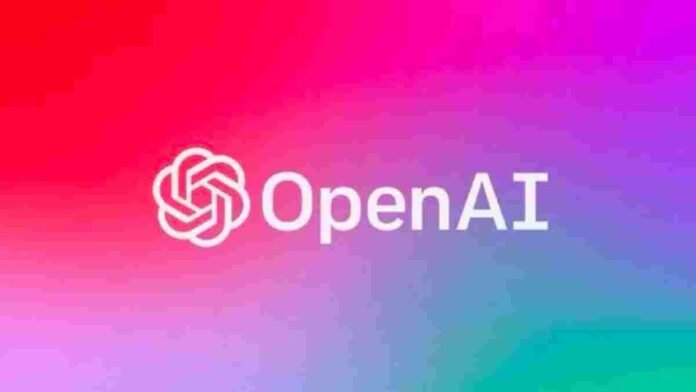The New York Times, CNN, and the Australian Broadcasting Corporation (ABC) are among the news organisations that have blocked Microsoft-backed OpenAI from using their content to train its AI models. This decision impacts OpenAI’s web crawler GPTBot, which searches online sites to improve its AI models.
According to reports, the New York Times has banned OpenAI from utilizing its material to train its AI models. The Sam Altman-led startup cannot use New York Times articles to develop its AI models, according to The Verge. GPTBot, OpenAI’s web crawler, analyzes websites to develop AI models.
The firm supports allowing GPTBot to browse websites to improve AI model accuracy, capabilities, and safety. OpenAI said that letting GPTBot scan websites can improve AI models in numerous applications.
The New York Times now prohibits AI model training in its terms of service. CNN confirmed that has blacklisted GPTBot throughout its digital channels. This pattern is also seen in the Chicago Tribune and Australian Community Media.
The New York Times is considering legal action against OpenAI due to their growing conflict. This is due to license agreements. Under this partnership, OpenAI would pay The New York Times for using its content in AI tools. The conversations have apparently gotten acrimonious, with legal action possible.
A lawsuit against OpenAI might lead to a watershed copyright struggle in generative AI.
Conclusion:-
The New York Times, CNN, and ABC have banned OpenAI from using its content to train its AI models. The decision affects OpenAI’s web crawler GPTBot, which searches websites to improve its models. The New York Times now prohibits AI model training in its terms of service, while CNN has blacklisted GPTBot in its digital channels. The New York Times is considering legal action against OpenAI due to their growing conflict, as OpenAI would pay The New York Times for using its content in AI tools. The conversation has gotten acrimonious, and a lawsuit against OpenAI could potentially lead to a significant copyright struggle in generative AI.



